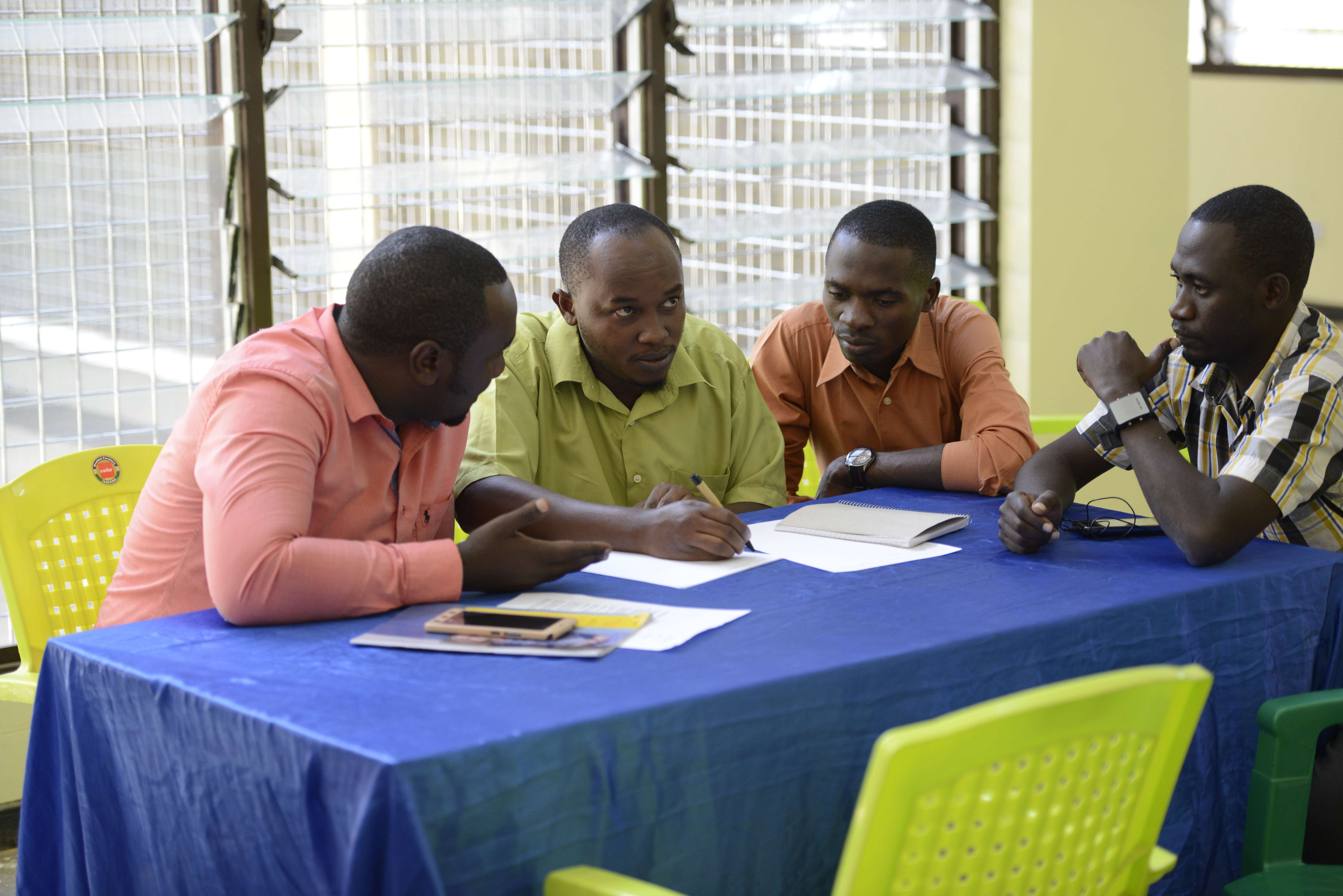African-led Solutions to Systemic Challenges in Higher Education
Olaf Hahn

ESSA at COREVIP in Cairo next week
Next Monday, by invitation of the Association of African Universities (AAU) the Conference of Rectors, Vice-Chancellors and Presidents of African Universities (COREVIP) will unite University Leaders from all over the continent to discuss matters of Higher Education, in Cairo, Egypt. The venue, Al-Azhar University in Cairo, the third oldest Islamic University in the world, in which many sultans, rulers, presidents, Al-Azhar Sheiks, muftis, ministers, ambassadors, scientists, and scholars studied, will host this important event.
The theme of the conference will be: "The Role of Higher Education Institutions in Promoting the Continental Education Strategy for Africa (CESA 16-25)".
Education Sub Saharan Africa (ESSA) is proud, as a key-partner of the Association of African Universities, to be joining COREVIP. I am honoured, as ESSA’s director, to represent our organisation and address the audience in a goodwill address at the opening of the conference.
Together with my colleague, Dr Jennifer Udeh, I will also present two African-led solutions, co-developed with the AAU, in partnership with other organisations, which will be incremental to address two key challenges indicated by CESA:
-
academic mobility within and towards Africa
-
the lack of faculty and the need to adequately staff tertiary education institutions
COREVIP comes very timely to discuss, some years after the start of the CESA process, how universities promote and support the continental education strategy.
CESA aims “to set up a qualitative system of education and training to provide the African continent with efficient human resources adapted to African core values and therefore capable of achieving the vision and ambitions of the African Union. Those responsible for its implementation will be assigned to reorient Africa’s education and training systems to meet the knowledge, competencies, skills, innovation and creativity required to nurture African core values and promote sustainable development at the national, sub-regional and continental levels.”
With a billion more people on the continent within a generation, quality Tertiary Education will be a main driver of socio-economic transformation, if young people can find or create work, and if their education allows them to do so.
In a globalized world, many of the challenges for African Higher Education are the challenges for Higher Education all over the world. Which knowledge and skills are needed for the future of work? How do higher education institutions get the academic teachers they need in order to teach the right things in the right way? How can higher education be financed? What is the role of industry? How can ICT meaningfully support teaching and learning?
Once again, given its level of departure, there is indication of Africa “leap-frogging” in this space as it needs to dive into the digital space immediately. Prof. Paul Zeleza, one of the most prominent African academics and eminent specialist of higher education on the continent, author of the framing paper for the Higher Education Summit in Dakar (2015), another key-document for higher education in Africa, distinguishes six key challenges facing African higher education: institutional supply, resources, faculty and other key staff, research, outputs, and leadership.
I would add two other key challenges to this list: governance and strategy.
The work ahead is impressive, to allow Higher Education on the continent “to provide the African continent with efficient human resources”. CESA spells them out through its 12 strategic objectives.
ESSA’s contribution
Created in 2016, ESSA is advocating and actively working for more systematic cooperation and investment in the Tertiary Education space. The aim being to join up, inform, inspire and increase impact for everyone investing in education in sub-Saharan Africa. ESSA’s work is framed by SDG4 and by CESA.
ESSA supports educational institutions to be more aware of the needs of employers and engages with business to work systematically about their contribution to bridge the gap towards education. With African and non-African partners, ESSA co-designs and implements initiatives directed at tackling fundamental challenges in the tertiary sector. We are convinced that:
-
systematic cooperation can make a real difference
-
focus needs to be on transferring and scaling what has proven to work
-
capacity and capability building are essential
-
existing knowledge needs to be made usable and brought to action to increase impact
Our partners include governments, educational institutions and businesses within Africa and outside. We benefit from the support of world-class philanthropic institutions like the Robert Bosch Foundation, the MasterCard Foundation, the Jacobs Foundation and the Schaufler Foundation.